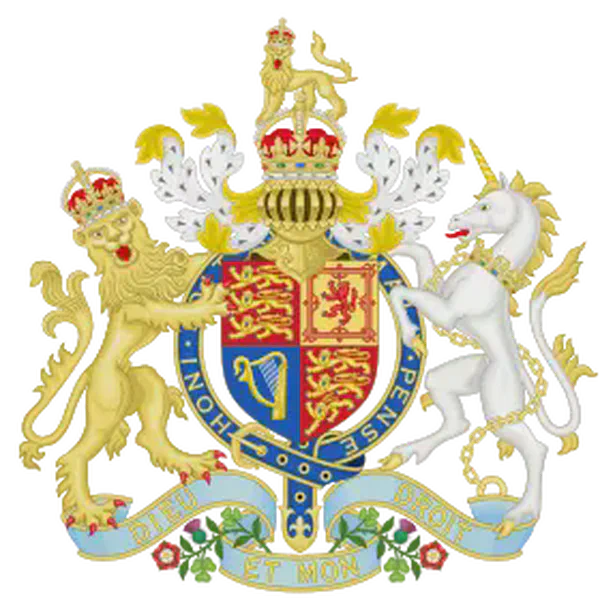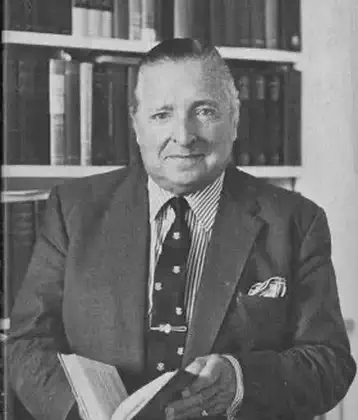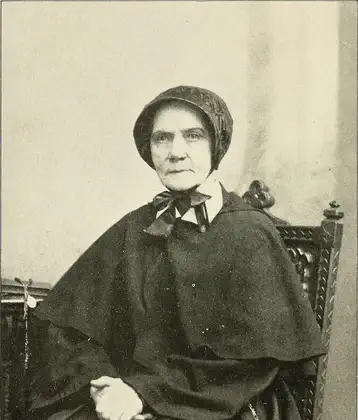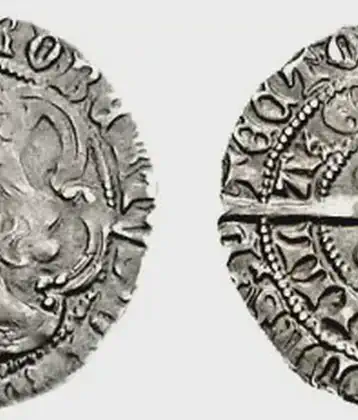On August 14, 1850 in Celtic History
The irish franchise act is enacted and has the effect of increasing the electorate from 45,000 to 164,000

The Irish Franchise Act tightened voter registration, increasing the urban electorate and decreasing the rural electorate.
The Irish Franchise Act of 1850 was an important piece of legislation that reformed the electoral system in Ireland by lowering the property qualification required to vote, thereby increasing the number of eligible voters. The Act was part of a broader effort to make the electoral system more inclusive, although it still maintained significant restrictions.
Background
Electoral System Before 1850: Prior to the 1850 Act, the right to vote in Ireland was heavily restricted by property qualifications, meaning that only men who owned or rented property of a certain value could vote. This limited the electorate to a small, wealthy segment of the population, excluding the majority of Irish men, particularly those in rural areas who were tenants or small farmers.
The Political Context: The Act was introduced during a period of significant political change in Ireland and the United Kingdom. The Great Famine (1845-1852) had a devastating impact on the Irish population, leading to mass emigration, starvation, and death. This crisis highlighted the need for political reform, including the need for a more representative and responsive electoral system.
Provisions and Impact of the Irish Franchise Act of 1850
Lowering of Property Qualifications: The 1850 Act lowered the property threshold for voters, allowing men who rented property valued at £12 per year (previously it had been £50) to vote. This change expanded the electorate, although it still excluded the poorest members of society.
Expansion of the Electorate: As a result of the lowered property qualification, the number of eligible voters in Ireland increased. However, the increase was not as dramatic as later reforms, and the electorate remained relatively small compared to the overall population.
Impact on Irish Politics: The expansion of the electorate allowed more middle-class and affluent tenant farmers to participate in elections. This had implications for Irish politics, as it gave these groups more influence over local and national elections, which in turn affected the composition of Irish representation in the British Parliament.
Limitations: Despite the expansion, the 1850 Act did not grant universal suffrage, and significant portions of the population, including most of the rural poor and all women, remained disenfranchised. The Act was a step toward greater inclusivity, but it was still far from establishing a fully democratic electoral system.
Legacy
Foundation for Future Reforms: The 1850 Franchise Act laid the groundwork for future electoral reforms that would gradually expand the franchise further. It was followed by more significant reforms in the late 19th and early 20th centuries, culminating in the eventual introduction of universal suffrage.
Political Empowerment: The Act is seen as an important early step in the process of broadening political participation in Ireland. By lowering the property qualification, it allowed more people to have a voice in the political process, though it would take many more years of reform before the majority of Irish people were enfranchised.
The Irish Franchise Act of 1850 represents an important moment in the history of Irish electoral reform. While it made the electoral system more inclusive by expanding the electorate, it also highlighted the ongoing struggle for broader political representation in Ireland.
More From This Day

University of Strathclyde was constituted in Glasgow, based on the Royal College of Science and Technology.
August 14, 1964




Mary O'Connell is born in Co. Limerick, known as Sister Anthony, she serves in the American Civil War as a nurse
August 14, 1814

Nathaniel Hone, painter and member of the Royal Academy at the time of its founding in 1768, dies
August 14, 1784


